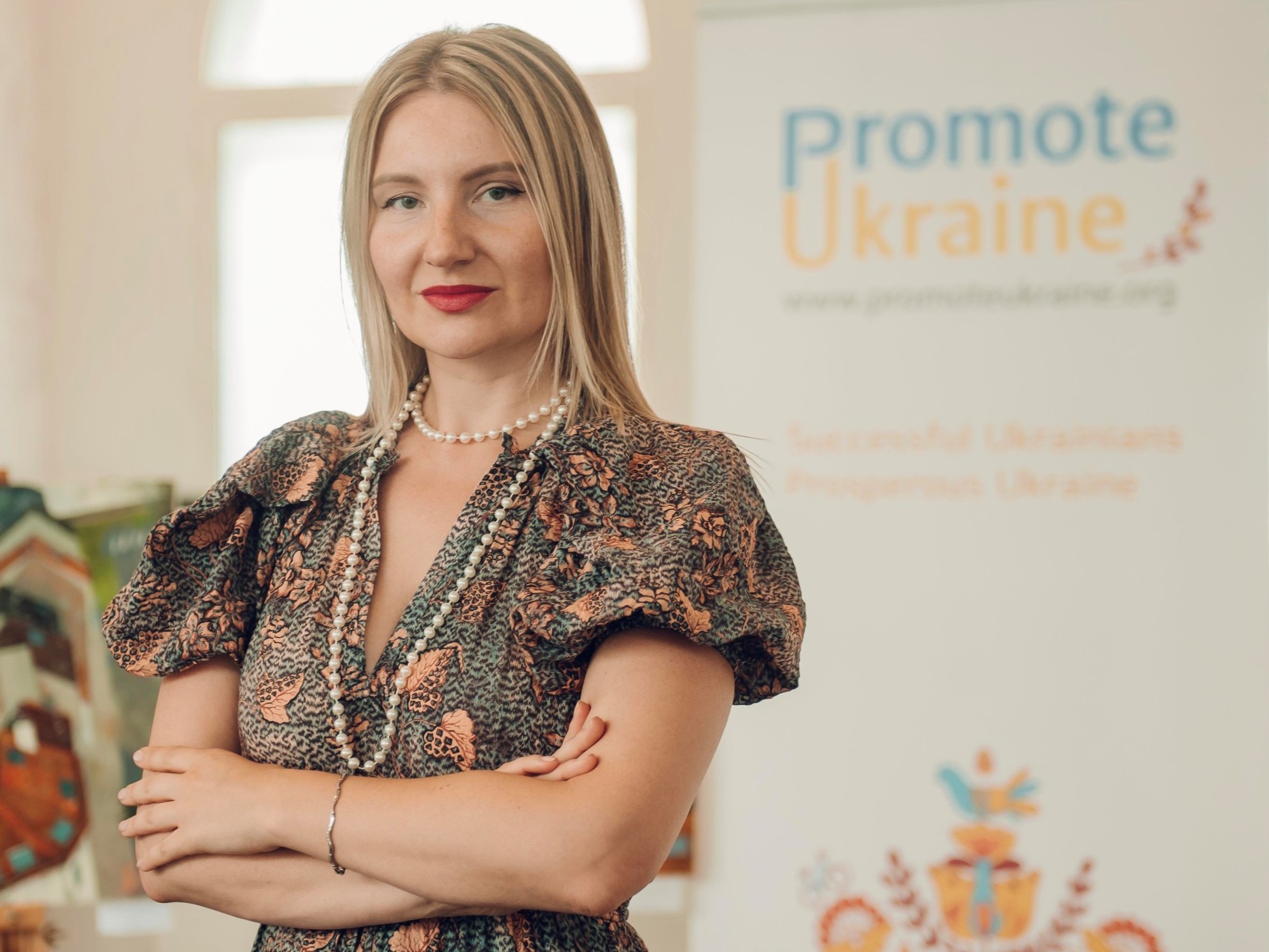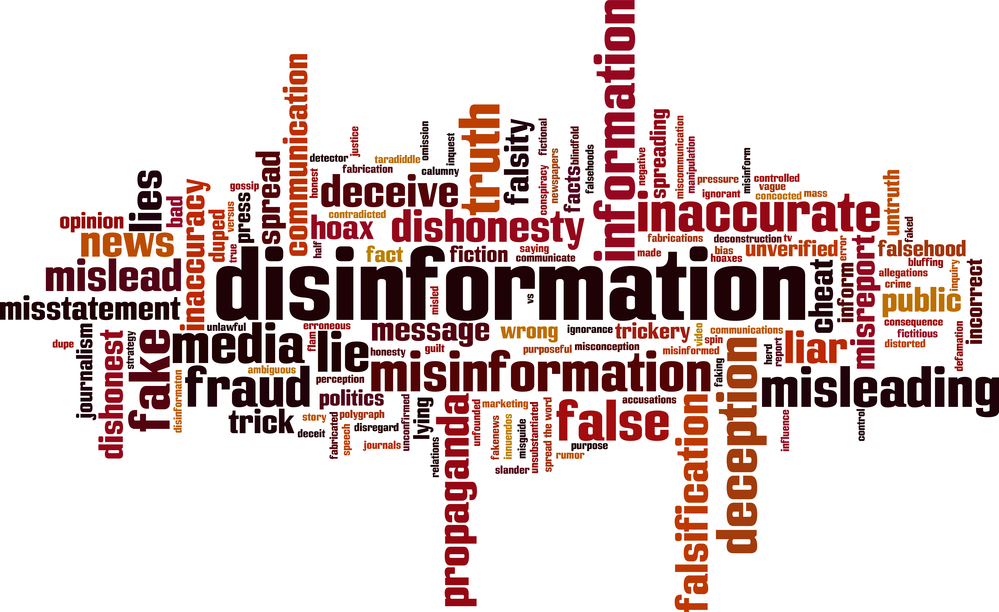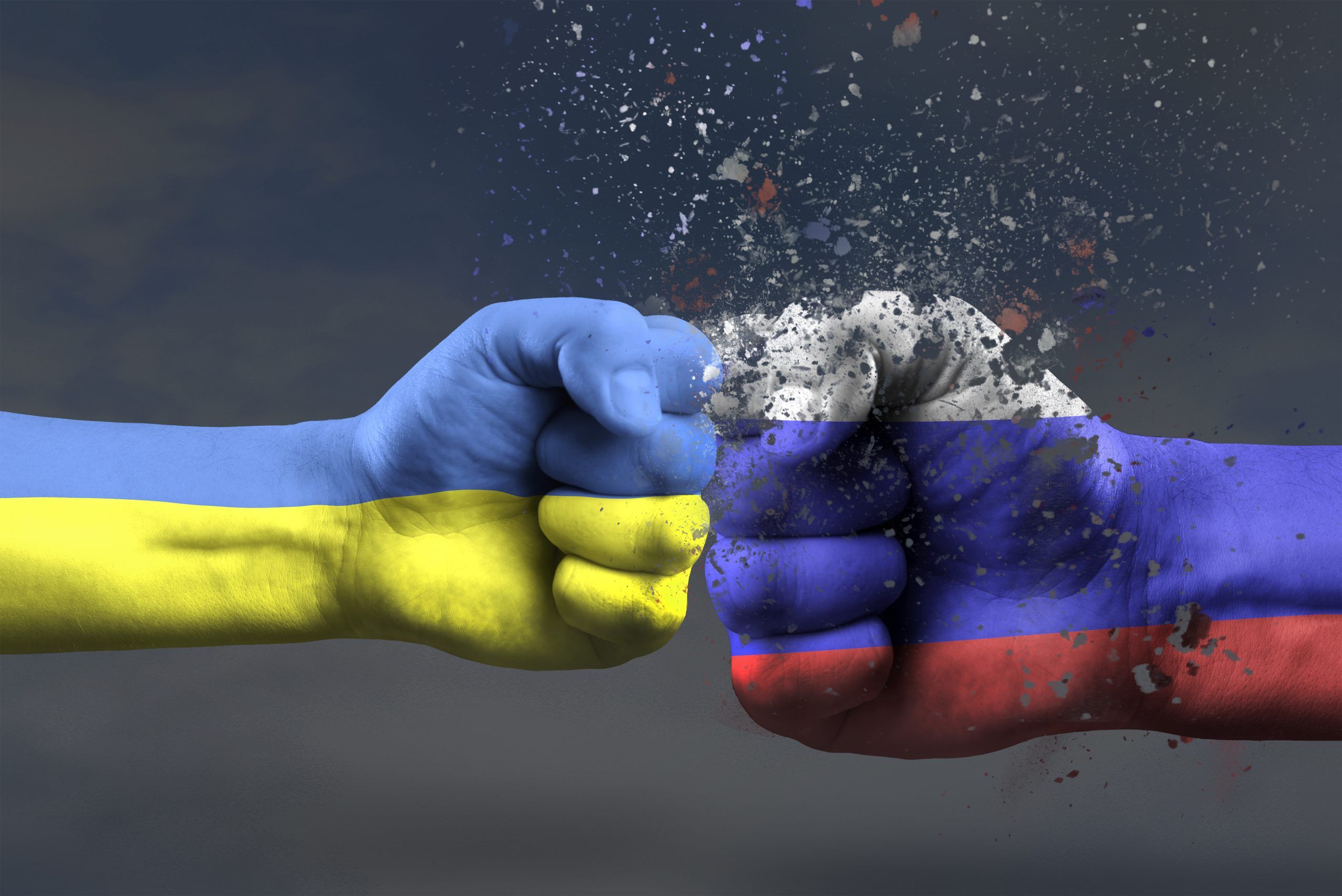The parliament collected 156 signatures of people’s deputies in support of holding an extraordinary plenary session of the Verkhovna Rada to adopt a resolution on the continuation of sanctions against Russian social networks and Internet resources.
This was stated by the People’s Deputy and initiator of the resolution Roman Lozynsky.
“156 out of 150 required signatures were collected. I register (signature sheets for holding an extraordinary meeting). The occupier’s weapons – “VKontakte”, “Odnoklasniki”, Mail.ru and other Russian services – should be banned,”
Roman Lozynsky
On April 10, the Security Service of Ukraine submitted proposals to the National Security and Defense Council to extend the ban on Russian social networks for another three years.
SBU (Security Services of Ukraine) Chairman Ivan Bakanov clarified that he had initiated a further ban not only on VKontakte and Odnoklassniki but also on Yandex, Mail.ru, Doctor Web, Kaspersky, 1C and Parus.
Cyber specialists of the Security Service analyzed that during the period of sanctions, the number of Ukrainian users on these social networks decreased threefold. And this has significantly narrowed the target audience to which the information operations of the Russian secret services are directed.
In total, during 2017-2020, the SBU recorded thousands of cases of posting destructive content on the Odnoklassniki and VKontakte platforms. Since the sanctions began, SBU investigators have registered about 100 criminal cases against owners and administrators of anti-Ukrainian communities on these social networks.
On Wednesday, April 13, the National Security and Defense Council of Ukraine considered and approved the issue of extending the ban on Russian sites and social networks in Ukraine. This was stated by Secretary of the National Security and Defense Council Olexiy Danilov, adding that the document is expected to be approved by the presidential decree.
The three-year sanctions against a number of Russian resources were imposed by a decision of the National Security and Defense Council in May 2017.






 UA
UA FR
FR DE
DE


